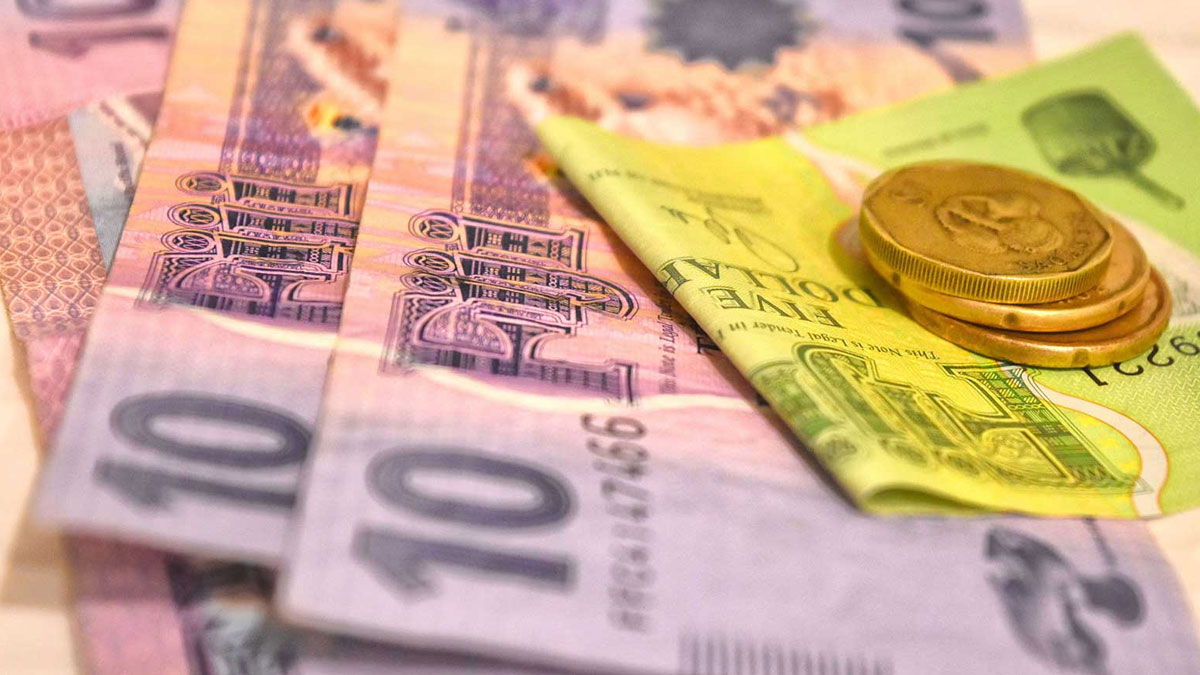
The annual headline inflation was 3.6 percent in January (from 5.1% in December 2023), largely on account of higher prices recorded across most categories, particularly for food and non-alcoholic beverages, alcoholic beverages, tobacco and narcotics, transport, restaurants and hotels and housing and utilities categories.
The Reserve Bank of Fiji says inflation is projected to fall to 3 percent by the end of this year mainly on the back of the receding effects of tax rises and lower oil prices.
World food prices remain above pre-pandemic levels but continue to decline gradually, with the FAO1 Food Price Index falling further over the same month by 0.9 percent.
The RBF says domestically, partial data for consumption, investment and major sectoral production showed mixed results in the year to date.
Performance in the tourism sector was better-than-expected as visitor arrivals increased over the year by 4.2 percent totalling 70,324 in January, the highest arrivals on record for January.
Notably, the number of Australian tourists, Fiji’s biggest market, fell by 7.1 percent from the same month a year ago.
The primary and natural resource sectors continue to be affected by industry-specific challenges. Pinewood dropped by 48.5 percent and mineral water production dropped in January by 27.6 percent compared to the previous year.
However, gold production increased by 33.1 percent and electricity by 3.9 percent.
Foreign reserves are comfortable at around $3.2 billion, sufficient to cover 5.1 months of retained imports of goods and services.
The RBF says foreign reserves coverage is expected to remain within the comfortable level over the medium term.
Given the comfortable outlook for foreign reserves and inflation, the RBF Board has decided to maintain the Overnight Policy Rate at 0.25 percent in its meeting in February.
Stay tuned for the latest news on our radio stations

